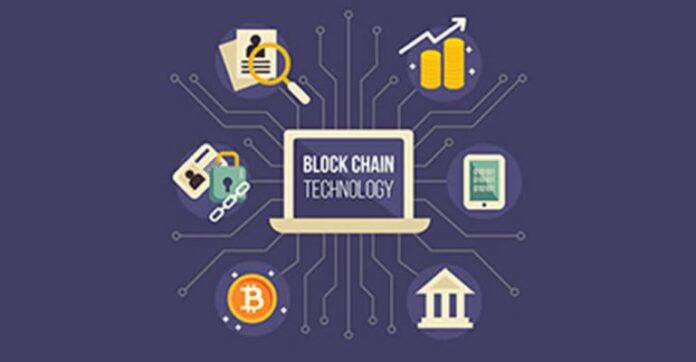Seaports are an essential part of the global supply chain. They are responsible for moving billions of tons of goods around the world every year and have been at the forefront of Blockchain development in shipping technology, operations, and transport management.
In addition to providing services that help facilitate trade between countries and continents, seaports provide facilities where ships can undergo repairs or maintenance prior to their next voyage. This involves repairing hulls, installing new equipment, or replacing damaged parts after they’ve been transported across oceans by cargo ship or ferry boat.
Why are seaports ripe for blockchain?
Seaports are a complex ecosystem. The need for digital transformation is clear, and it’s not just about getting data into the hands of the right people at the right time—it’s also about making sure data isn’t leaked or stolen in the first place. The seaport industry has always been a particularly vulnerable sector due to its dependence on manual processes, which can be quite costly when mistakes happen (and they do).
Blockchain technology offers an opportunity to modernize seaport logistics through increased security and transparency across all supply chains, as well as faster transaction processing speeds that allow for more efficient operations and reduced costs overall. Blockchain will also allow for greater agility by enabling real-time tracking of shipments through smart contracts built into each shipment’s contract—no more paperwork needed!
-
Automating the complex maritime ecosystem
The seaport logistics process is complex and can be expensive, time-consuming, and frustrating. It involves a lot of manual work that requires human interaction with multiple parties to complete each step in the journey. To make matters worse, there are still some manual processes that need to be done manually such as paperwork processing and cargo inspections at port terminals.
The maritime industry needs similar solutions if it wants its business processes streamlined further in order for them not only survive but also thrive against competition from other industries using similar technologies like blockchain technology!
-
Blockchain makes it possible to move assets through the complex chain of custody that exists in a seaport
Moving goods across borders is a complex, multi-step process that involves many parties. It’s not uncommon to see a shipment of diamonds pass through several different countries before it reaches its final destination—and all this in just one ship.
Blockchain can help automate the process by creating secure records of each step, including who has access to what information and when they have it. This means less waste and paperwork, which saves money while increasing trust in the system overall.
-
A secure and scalable blockchain can integrate a variety of data sources, processes, and players
It’s the ideal solution for modernizing seaport logistics because it allows for the secure transfer of sensitive information while also providing increased efficiency in record keeping and transaction processing.
The key here is that by using blockchain as part of your supply chain management strategy you can improve transparency across your entire supply chain – from warehouse management all the way down through shipping & handling processes – without having any single point failures where something goes wrong due either human error or technical malfunctions.”
How blockchain can help seaports run more efficiently?
The blockchain can help seaports run more efficiently by automating the complex maritime ecosystem. Blockchain can also help seaports run more efficiently by integrating data from many sources, including port authorities and shipping company databases. This information allows vendors to customize their products to meet specific needs of each customer in real time. By making it easy for vendors to create custom solutions that optimize how they interact with each other and their clients, blockchain consulting enables greater transparency throughout the entire supply chain.
Blockchain also creates a secure and scalable solution for managing data across an ocean-wide network that includes hundreds or thousands of different stakeholders—from captains at sea who manage vessels on behalf of businesses all over the world (e., Captain Jack Sparrow)
Conclusion
We believe that technology can help seaports modernize, but it’s up to them to make it happen. We hope this post has inspired you to think about how your port could benefit from blockchain technology and what actions you might take toward making that vision a reality.

